Source: The Guardian/Dan Kitwood, Getty Images
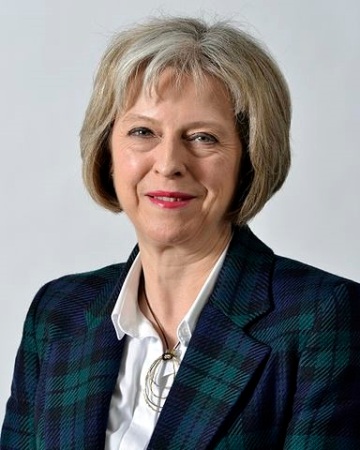
Throughout the day, interest in global
financial centers was intense, with opinions split on whether an English
exit was long overdue and smart; or rushing to judgment and foolish.
The latter attitude was prominent largely because 60 percent of British
EU export markets would still be close by for the UK, but possibly
off-limits. The UK might eventually have to go outside the borders of
the EU to replace lost customers there, if they cannot renegotiate the
trade agreements successfully.
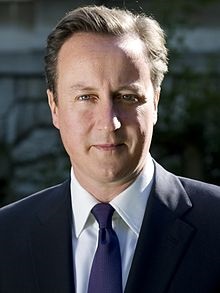
As details of departure in
this first-time event materialize, its big-deal status becomes plain.
The EU in its modern configuration in 1957. Before that, versions of
the organizations proved only temporary. There is a feeling that more
than UK’s departure is at stake.
A vision by experts who have studied
Europe’s recovery from WW II indicates that long economic recovery is
over, and the EU and other countries are on their own to pick up the
slack now. Many statements from EU officials chide the UK for leaving,
and want to get the bitter goodbye over. In London, the referendum
outcome has caused a shake up in parliament already, starting with a new
Prime Minister.
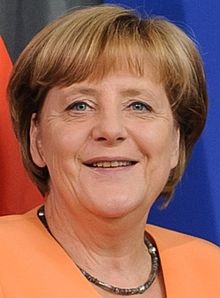
Implications
of John Bull jumping ship have also registered a flashing “ten” on the
alarm bell in Brussels, where the European Union headquarters, as well
as in other financial centers worldwide. Furthermore, the Anglo choice
to exit has alerted Brussels and financial centers that other member
states could follow suit. Times are getting harder worldwide, even in
China’s miraculous evolution, as the rising tide of recovery from WW II
begins going back to sea, in a powerful ebb tide.
The
United Kingdom—comprised of England, Wales, Scotland and Ireland—was one
of the nine charter members of those early versions of the European
Union, beginning in the 1950s. This was over ten years after both WW II
winners and losers in Europe suffered the industrial shocks of waging
total warfare from 1941 to 1945. Economically, they were on their knees
postwar, although the American Marshall Plan launched in 1958, soon to
begin to impact recovery.
At the
outset of the post-war period, many nations across Europe were not
competitive, in nearly every economic sector, having been pulverized
from the air by waves of Allied bombers. On the ground, advancing tanks
and field artillery of the Allies bombarded from the West and Russia
from the East–closing the geographic vice—and leveling broad swaths of
territory and the means to fully exist, much less produce on a scale
for export markets. The Allies divided Germany into East Germany and
West Germany, neither a match for the mighty industrial engine of
Germany .
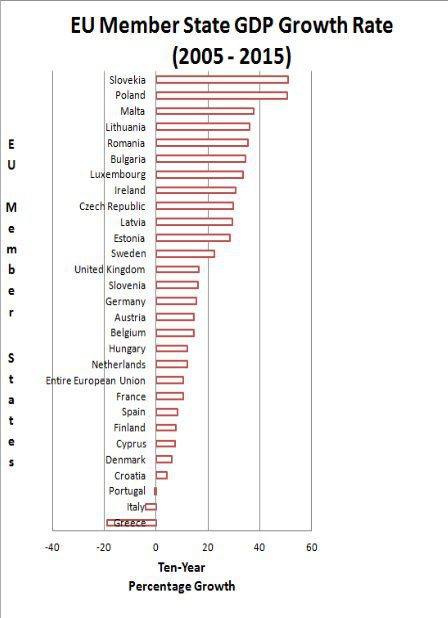
An
excerpt from an address given by Secretary of State George C. Marshall
during 1947 at Harvard University assessed Europe’s dire status then:
“The
truth of the matter is that Europe’s requirements for the next three or
four years of foreign food and other essential products—principally from
America—are so much greater than her present ability to pay that she
must have substantial additional help or face economic, social, and
political deterioration of a very grave character.”
That
speech became the official announcement of the Marshall Plan or the
European Recovery Act, its designation in Congress. The act directed $19
billion U.S. dollars into the recovery of Europe, from 1948 through
1951. To appreciate the magnitude of the American investment, the future
value of the 1948-51 investment of $19 billion at an assumed 5.5%
annual discount rate for 65 years expands to $673 billion in 2015.
However, Russia objected to America interfering in the internal affairs
of eastern European countries, and did not authorize its use in that
sector of Europe, which it controlled. Both Poland and Czechoslakia in
that sector wanted to register in the program, but were prevented to do
so by Russia’s objection.

This instant green gusher reinvigorated
a comatose Western Europe, and provided massive export
business for U.S. manufacturers. Its effect was to boost America, in a
way that topped any of the make-work stimulants of FDR’s New Deal, in
the late 1930s. Actually, it began the long-term upturn of the U.S.
economy post-WW II.
Within
Western Europe, the huge success of the Marshall Plan provided a
jumpstart for academic, industrial and political leaders to sell the
general idea of the European Union. Its idealism was to instill
cooperation among recovered European states in the association, in order
to smooth barriers to trading with each other and develop related
management sharing. In early years of its development, the goal was
principally an ending to the frequent costly wars in Europe, often over
ownership of natural resources—coal reserves especially—but it expanded its reach and depth of purpose as years passed by.
The
ultimate goal became a union of economic and political activities.
Today, the EU administers a sovereign currency (euro), central bank,
legislature, laws, courts, tariffs, taxes, immigration quotas, and a
myriad of administrative agencies and laws present in most any modern
state on the planet.
An
anatomy of United Kingdom voting in the Brexit referendum shows that
“withdraw” voters tended to be young and live in urban environments,
while “remain” balloting occurred mostly in rural areas. In the former,
young workers and professional people were concentrated , while the
latter residents resided in rural areas, on farms and in small towns.
The clash at the polls was mainly between them.
EU laws
dealing with setting quotas for foreign workers to find employment in
member states, were rumored to be a special problem in the UK. There are
also rules for allowing labor to enter from countries outside the EU.
In addition, the required eight percent of their workforce represented
by EU immigrants reportedly was a problem in London, especially among
young voters. Apparently, there was also a Brit reaction to EU banking
rules, and heavy paperwork demands by administrators and managers.

In predicting whether other members will
want to depart also, keep in mind that the UK has been unique as the
only offshore member state. A detached position made procedures and
trading to and from the continent for them more problematic.
There
were scads of EU regulation and administration for the UK to dislike. In
addition and although not publically discussed, troublesome from the UK
viewpoint surely was their anemic Gross Domestic Product (GDP), in
recent years.
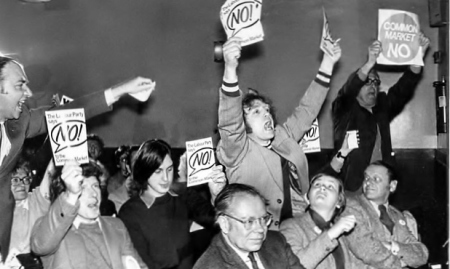
Its average annual rise in GDP from 2005
through 2015 was 1.4 percent, putting UK in 13th place in the EU.
Perhaps even more irritating, nine members of the current EU from
Eastern Europe are in the top ten of GDP growth, in spite of once being
ruled by a failed communism in Eastern Europe in 1991. The UK obviously
did not make the top ten in growth. As to the great recession of
2007-2009, the entire 28-member EU brethren had to deal with that
contraction.
It’s very
obvious that some member states are gaining more from the union than
others, judging by highly diverse Gross Products. During the 2005-2015
decade, the latest states to become EU members have outperformed most of
the older member states in GDP, substantially. Only Luxembourg, the
United Kingdom and Germany standout as better than Europa (Old Europe)
states. Isn’t GDP a valid test in judging the ultimate value of a
country’s trading partners. We think so.
Assuming administrative
problems are made palatable in future workouts, there is a major
technical subject that will eventually surface—the defense pact with
NATO. This is certain, since UK maintains the biggest military in the
EU. Preventing the loss of the UK’s well-trained military could cause
the EU to negotiate more liberally, with the maverick outsider across
the channel.
Acknowledgments: Images: Theresa May, Harold Wilson, Angela Merkle, David Cameron (Creative Commons license); Pro EU rally/The Guardian (fair doctrine license).


No comments:
Post a Comment